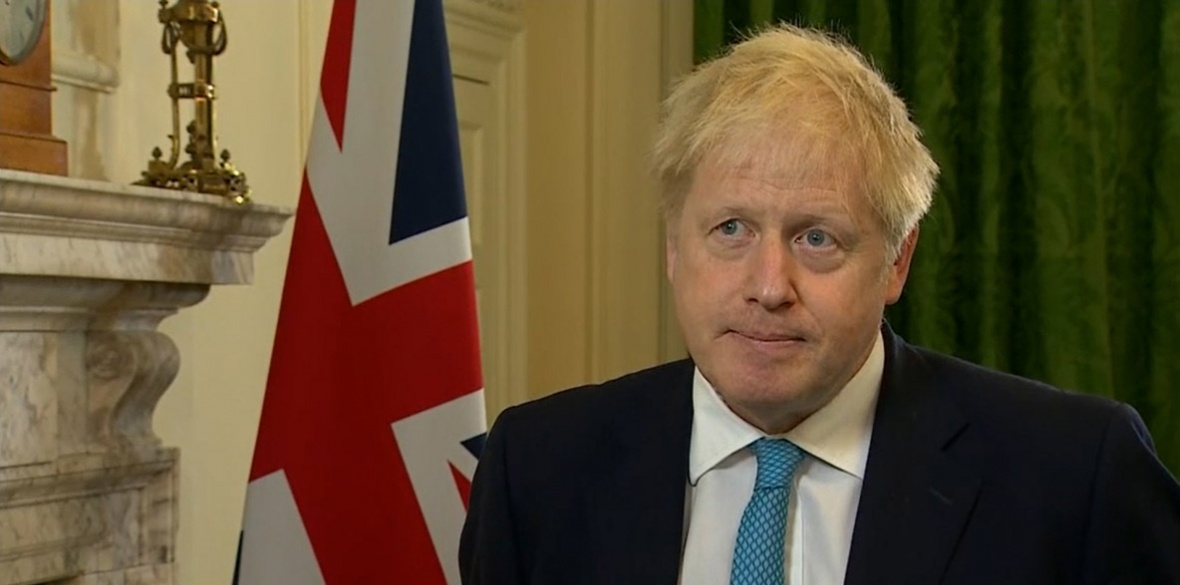THE Tory government’s self-imposed deadline for reaching a trade deal with the EU has come and gone.
No comprehensive agreement has been forthcoming, although ministers continue to claim that the differences are both small and reconcilable.
Prime Minister Johnson blames EU intransigence for the latest stalemate, while his critics accuse him and his Cabinet of being closet No Dealers all along.
It’s certainly true that EU negotiators have been under orders to retain as much as possible of the EU’s large share of the fishing catch in British waters.
This was always an arrogant demand that has rarely if ever featured in international trade talks elsewhere.
Then there has been the EU’s insistence on limits to British — including Scottish and Welsh — governmental state aid to industry.
Some of the more zealous opponents of Brexit make light of this question, under the illusion that state aid is commonplace in Europe and that EU “level playing field” rules are rarely enforced.
They clearly don’t study the caseload of the EU Court of Justice (ECJ) which arises from the prosecution of member states by the European Commission.
EU negotiators would hardly have put up such a fight for these limits and the right of the ECJ to play a major role in the adjudication of state aid disputes if those really don’t count for much.
Likewise, having been rumbled in their ploy to bind Britain to other single market rules via Northern Ireland, EU leaders resent the enshrinement in law of Tory contingency plans to prevent it.
Nonetheless, it would be inaccurate to portray Boris Johnson as a dyed-in-the-wool Brexiteer, let alone a No Dealer.
He would probably be prepared to sacrifice a big slice of British fishing rights as well as sovereignty over state aid, especially in return for unrestricted City of London “passporting” rights in Europe’s financial markets.
However, a minority of his ministers and a larger proportion of the Conservative parliamentary party might well reject such compromises.
Yesterday, Boris was reduced to blustering about Australia-style arrangements as some kind of alternative to a no-deal Brexit. But it’s all smoke and mirrors, as usual.
Australia has no comprehensive trade deal with the EU. Instead, it has a framework agreement — yet to be ratified — and other arrangements to co-operate in such areas as foreign and security policy, serious crime, nuclear energy, trademarks, qualifications and wine.
There may yet be a UK-EU free-trade deal, although no deal presently looks more likely than ever.
In the latter case, trade on WTO terms together with other EU barriers would damage industries, especially in dairy and animal products, confectionery, chemicals, financial services and to a lesser extent Britain’s biggest export, namely, petroleum.
Britain and the EU trade extensively both ways in motor vehicles and pharmaceuticals and it is difficult to see why bilateral no — or low — tariff deals should not be reached.
In any event, the full benefit of a real Brexit will not be felt without a change of regime in Downing Street.
Only then might we see an extensive programme of state aid, public ownership, economic planning and the devolution to Scotland and Wales of the substantial powers at last repatriated from Brussels.











